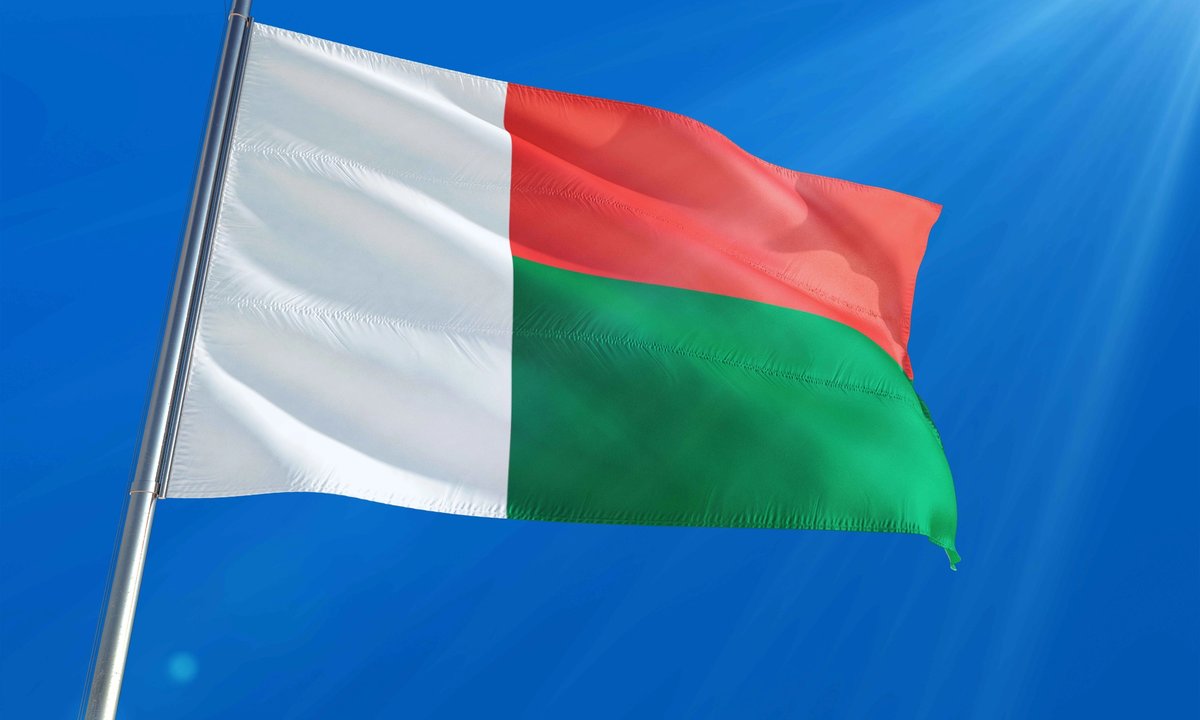
"They were beheaded in Ambiki in 1897, as troops of France's General Joseph Gallieni massacred hundreds of locals from the Sakalava community. The massacre took place as King Toera, the ruler of the Madagascar's Menabe region, and his warriors were in the midst of negotiating their people's surrender. The remains were sent to the Natural History Museum in Paris two years later. Reports from French officers at the time suggested that one of the skulls may have belonged to King Toera."
""They are not simple objects of collection," stated her Malagasy counterpart, Volamiranty Donna Mara. "They form a link uniting our present and our past and their absence has been an open wound in the heart of our island for the past 128 years. The skulls are understood to have belonged to three leaders within the Sakalava community. They were beheaded in Ambiki in 1897, as troops of France's General Joseph Gallieni massacred hundreds of locals from the Sakalava community.""
Three skulls of Sakalava leaders seized during French colonial operations in 1897 were returned to Madagascar at a Paris ceremony on 26 August, the first repatriation under France's December 2023 law on returning human remains. French culture minister Rachida Dati said the remains entered national collections under circumstances violating human dignity. Malagasy officials said the absence was an open wound for 128 years. Records indicate the remains were taken after a massacre in Ambiki during General Joseph Gallieni's campaign; they were sent to Paris in 1899. Scientific review confirmed Sakalava origin but could not verify royal identity. The skulls will tour the island and be buried in Bora on 30 August.
Read at The Art Newspaper - International art news and events
Unable to calculate read time
Collection
[
|
...
]